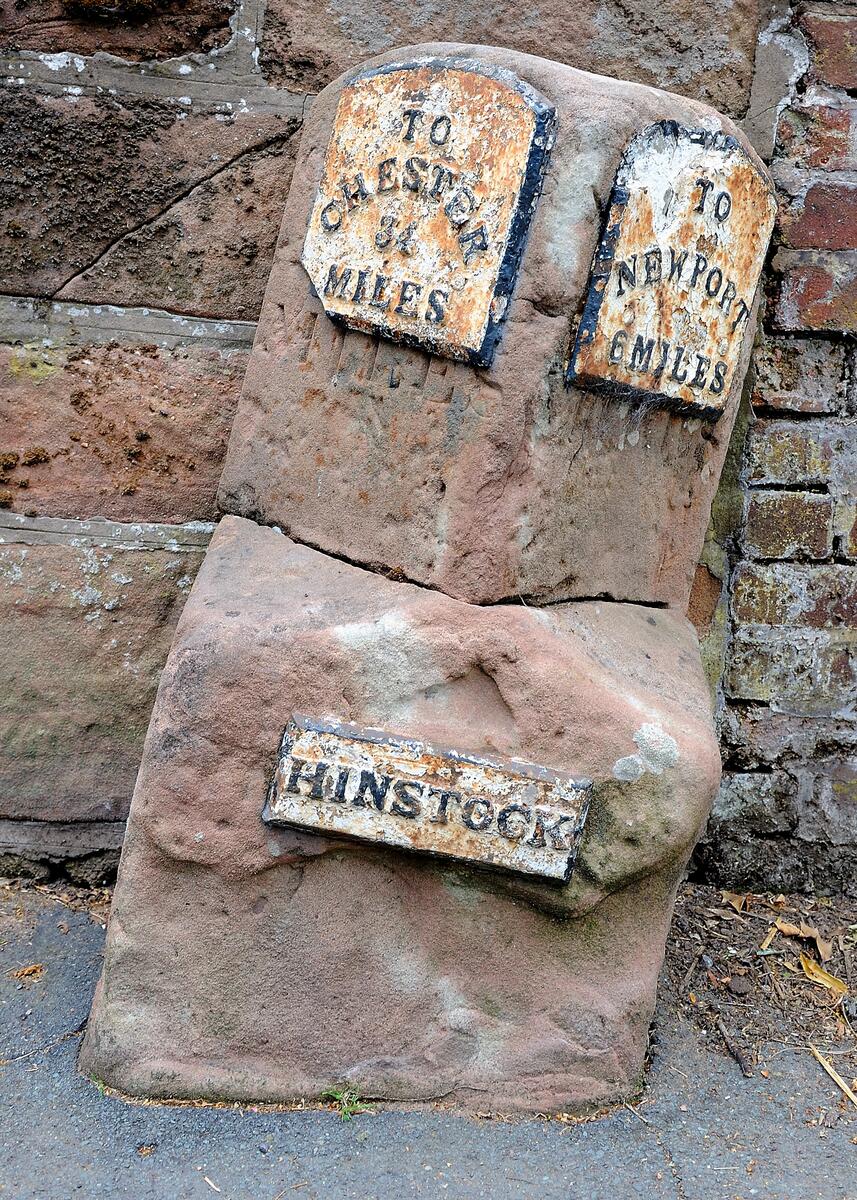Owning a boat/Safety on inland waterways
Owning a boat/Safety on inland waterways
Safety on inland waterways
You may need to get a Boat Safety Scheme (BSS) certificate before you can register or buy a licence to use inland waterways, eg rivers and canals.
You don’t need a certificate if you have a privately owned ‘open boat’ with no motor, eg a canoe, paddleboard or rowboat.
Some other types of boat (eg privately owned ‘open boats’ with outboard motors and no electrical systems) may also be exempt - check with the navigation authority that manages your chosen waterway.
All boats requiring a BSS certificate have to be tested every 4 years.
You’re responsible for maintaining your boat to BSS certificate standards between tests.
Find the latest boat safety notices.
Rules of the waterways
You must drive on the right and pass other boats port to port on all waterways.
On rivers, the boat coming downstream has right of way.
Under bridges, the boat closest to the bridge has right of way. Keep right until the boat has passed.
The maximum speed on narrow canals is 4 miles per hour (mph).
The Boater’s Handbook gives more information on waterway rules.
New boats
New boats should already meet the standards, so you won’t need to have it checked.
You may be asked for the certificate proving that your new boat meets the required standards when you register it.
You’ll need to get a BSS certificate after 4 years and renew it every 4 years after that, unless you’re exempt.
Penalty for not having a certificate
You’ll be penalised if you don’t have a certificate for your boat and aren’t exempt.
The penalty depends on which navigation authority manages the waterway you’re using.
If you own a commercial boat
You may need a BSS certificate if your boat carries less than 12 passengers - check the BSS guidance.
You’ll need a Passenger Certificate issued by the Maritime and Coastguard Agency (MCA) if you’re carrying more than 12 passengers.
You should also check whether you need:
to meet any other requirements
This information has been taken from: https://www.gov.uk/owning-a-boat/safety-on-inland-waterways
